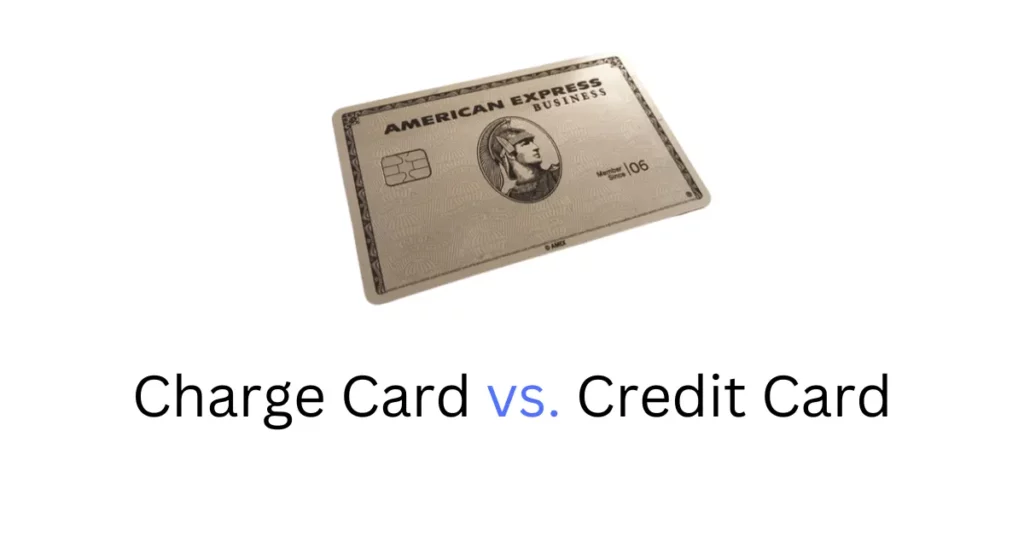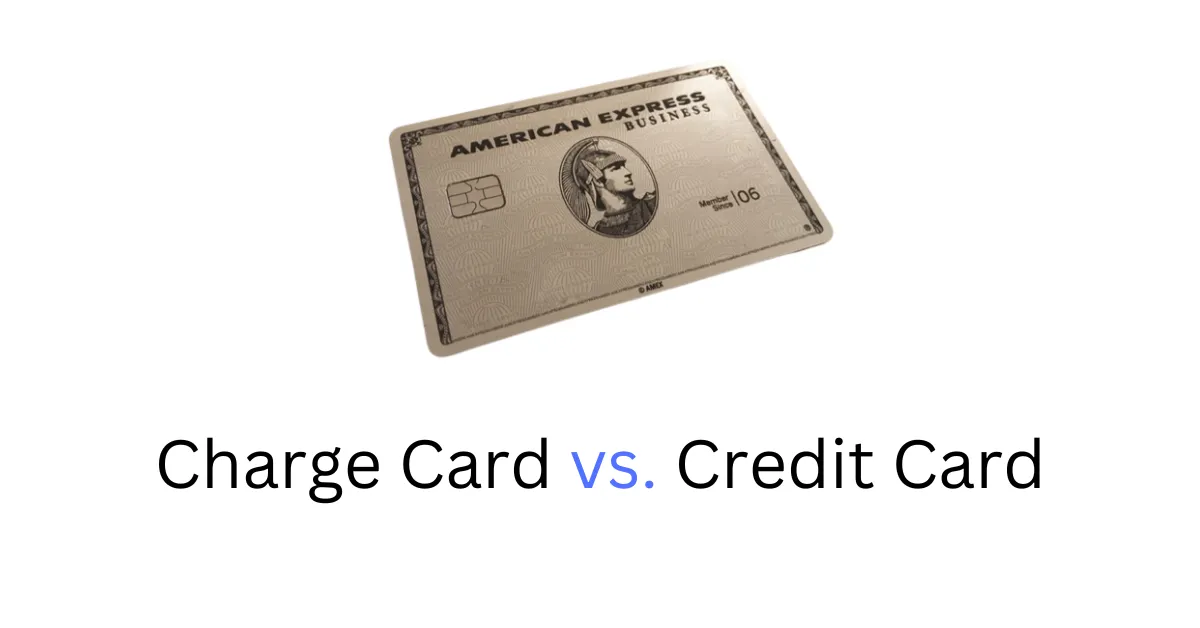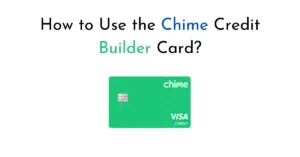As consumers, we have access to a plethora of financial tools designed to help us manage our money, including credit cards and charge cards. These two terms are often used interchangeably, leading to confusion for many people.

Before you apply for a new card, it’s essential to understand the key differences between these two financial products. In this article, we’ll go over the basics of charge cards and credit cards so that you can make an informed decision about which one is right for your needs.
Charge Card vs. Credit Card
A credit card is a loan that you receive from a financial institution, allowing you to make purchases that you can pay off over time. You are given a credit limit, which is the maximum amount you can borrow on the card.
As long as you make payments on time and stay under your credit limit, you can continue to use the card.
A charge card, on the other hand, does not have a credit limit. Instead, you are required to pay the balance in full each month. If you don’t, the card issuer can impose fees, high-interest rates, or even cancel your account.
For this reason, charge cards are often considered more exclusive than credit cards and are only available to individuals with excellent credit scores and high income levels.
Key Differences Between Charge Cards and Credit Cards
Charge cards and credit cards have several key differences that impact their use and how they affect your credit score.
1. Spending Limit
One of the most significant differences between charge cards and credit cards is the spending limit. Credit cards have a credit limit, allowing you to borrow up to a set amount. In contrast, charge cards do not have a set limit, but you are expected to pay off the balance in full each month.
2. Payment Requirements
With a credit card, you have the option to pay off the minimum balance each month or to pay off the entire balance. When you pay off just the minimum balance, you accrue interest on the remaining outstanding balance.
In contrast, with a charge card, you are required to pay off the entire balance each month. If you don’t, you will face fees and potential account cancellation.
3. Credit Score Impact
Your credit score is impacted differently by charge cards and credit cards. Credit card utilization, which is the percentage of your credit limit that you are using at any given time, has a significant impact on your credit score. High credit utilization can lower your credit score, while low credit utilization can raise it.
With a charge card, there is no credit limit, so there is no credit utilization impact on your credit score. Instead, charge cards impact your credit score based on your payment history and how long you’ve had the account open.
4. Reward Programs
Both charge cards and credit cards often come with reward programs that offer points, miles, or cashback for purchases made using the card. However, charge cards tend to have more exclusive reward programs with higher point values and more significant redemption options.
5. Associated Fees
Both charge cards and credit cards come with fees, but the fees are often different. Credit cards come with interest rates, annual fees, late payment fees, and balance transfer fees. Charge cards, on the other hand, often have higher annual fees and membership fees. However, they do not have any interest rates or late payment fees since you are required to pay off the balance each month.
Which is the Right Choice for You?
In general, credit cards are better for individuals who need access to credit over a more extended period since they allow you to carry a balance over time. Charge cards are best for those who want to make purchases without a set credit limit and then pay the balance off in full each month. Charge cards also tend to have more exclusive benefits and rewards programs.
When deciding which type of card is right for you, consider your spending habits, your income level, and your credit score. If you have a stable income and excellent credit score, a charge card may be an excellent choice, especially if you travel frequently and want to take advantage of high-end rewards programs.
However, if you need access to credit over a more extended period, or you’re just starting to build your credit, a credit card may be a better choice.
Key Takeaways
- Charge cards and credit cards are not the same thing.
- Charge cards require you to pay off the balance each month, while credit cards allow you to carry a balance over time.
- Charge cards typically have no set credit limit, while credit cards have a set credit limit.
- Credit utilization impacts your credit score with a credit card, while payment history and account length impacts your score with a charge card.
- Charge cards tend to have more exclusive rewards programs, while credit cards have more diverse reward options.
- Charge cards often have higher annual and membership fees, while credit cards typically have interest rates, late payment fees, and balance transfer fees.



